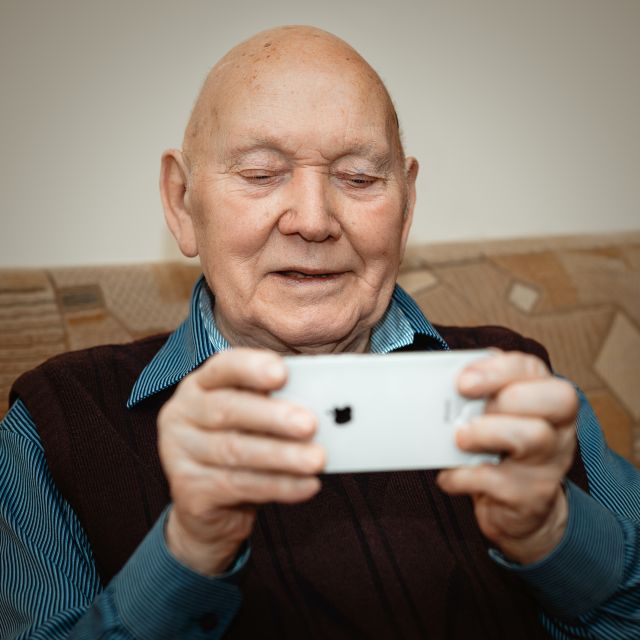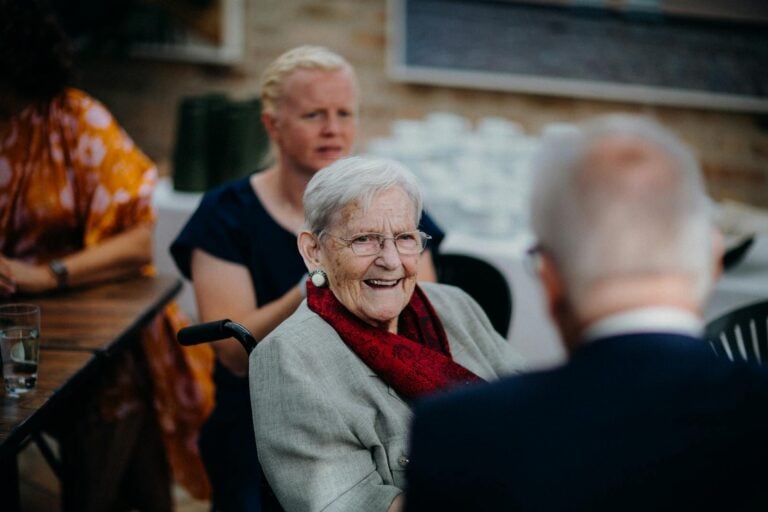CLINICAL TRIALS: Find out why researchers think spraying nasal insulin through the nose can improve cognition, memory and daily function in people with Alzheimer’s. Learn why this hormone used for nearly a century to treat diabetes is entering advanced Alzheimer’s trials.
(CHICAGO) — Can insulin, the hormone used for nearly a century to treat diabetes, improve cognition, memory and daily function in people with mild cognitive impairment or mild dementia due to Alzheimer’s disease?
Rush University Medical Center is testing this innovative potential treatment as part of a new nationwide study.
Neurologists at the Rush Alzheimer’s Disease Center are conducting an 18-month clinical trial testing a type of insulin delivered in a nasal spray — which is used to treat diabetes in some patients — in the Study of Nasal Insulin to Fight Forgetfulness, or SNIFF for short.
The randomized, phase II/III study will examine the safety and efficacy of nasal insulin at planned intervals as a treatment for mild cognitive impairment and mild dementia due to Alzheimer’s disease.
Insulin irregularities may contribute to Alzheimer’s disease development
“There is growing evidence that insulin carries out multiple functions in the brain and that poor regulation of insulin may contribute to the development of Alzheimer’s disease.” said Dr. Neelum Aggarwal, a neurologist at Rush and the lead investigator of the study in the Chicago area.
“Insulin resistance, reduced cerebrospinal fluid insulin levels and reduced brain insulin signals have been found in Alzheimer’s patients, which suggests that a therapy aimed at correcting these deficiencies may be beneficial,” she says.
Short-term clinical trials of the nasal insulin approach have shown promise in improving cognition, memory and daily function. In addition, the gender of the person may play a role on the insulin effect on memory functioning.
Nasal insulin currently is not approved by the Food and Drug Administration for the treatment of Alzheimer’s disease and it is not known if nasal insulin can change the course of the disease.
Study participants will be given a nasal spray device with either insulin or a placebo.
Participants will be randomly assigned to the treatment or the placebo group for 12 months. Neither the study participants nor study staff will know who is receiving active treatment with insulin and who is receiving the placebo.
After the 12-month period, all participants will be given active nasal insulin in an “open label” period for an additional six months.
In addition, the phase II/III study will examine the safety and tolerability of nasal insulin at planned intervals.
SNIFF trial at Rush seeks 275 participants
Rush is one of 30 SNIFF research sites nationwide and one of only two in Illinois.
The SNIFF trial at Rush seeks to enroll 275 adults, ages 55 to 85, who have been diagnosed with amnestic mild cognitive impairment (aMCI) or early Alzheimer’s disease. Patients who volunteer for the study cannot be enrolled in another clinical trial during the study period.
If you are interested in enrolling in a clinical trial for a dementia such as Alzheimer’s, go to the U.S. government’s clinical trials site at:
ClinicalTrials.gov












Respected sir,
my name is imtiyaj me from India my mother age 61
last three years his memory slowly decrease at that time we don't know about Alzheimer but now 2017 she is extreme stage of Alzheimer she doesn't recognize me or my family member also she don't recognize of eating toilet any other activity i am personally as a caretaker handle activity day and night
know his psychical fitness is good she walking day in home sleep is good
for medicine point of view she having BP one tablet
our local MD doctor recommend admin ta (mementine) and alzil tablet last 1.5 year KINDLY SUGGEST WHAT CAN I DO because HIS AGE NOT HIGH i.e above 75 she still 61 and physical fitness is good kindly recommend any view i am in big trouble for my mother side
i hope you side give me proper channel for treatment
pray for my mother
thanking you
imtiyaj India
phone +918007499595
email.– imtiyaj.momin@gmail.com